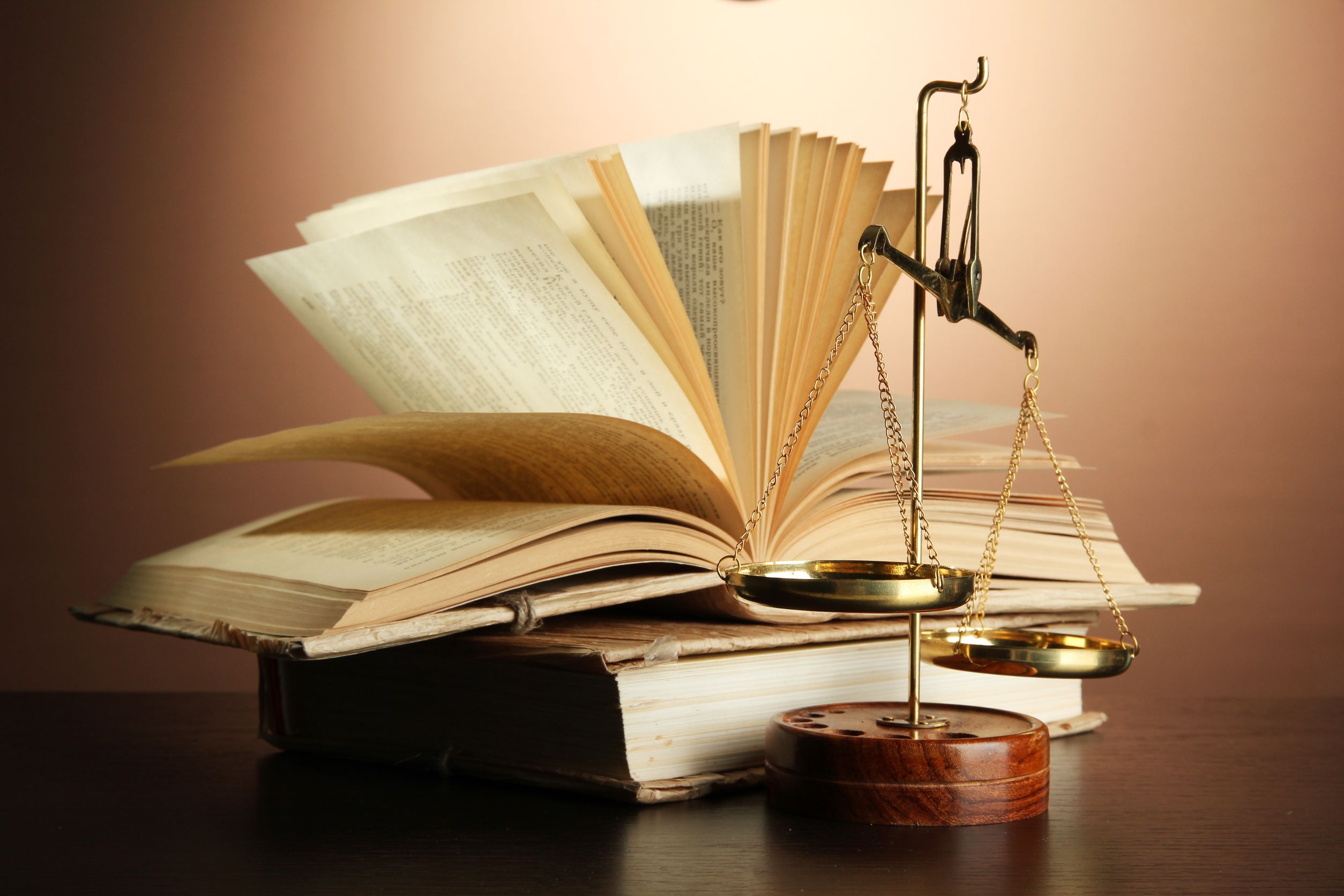Those who suffer from mounds of debt often feel as if they have no one to turn to. Luckily there are still options on the table to get you out of your financial hole. Chapter 7 bankruptcy might be just the financial move you need to make in order to lessen, or completely eradicate, the amount of debt you owe.
For starters, it’s important to know that Chapter 7 Consumer Bankruptcy in Greenbelt isn’t for everyone. It’s primarily designed for individuals who are facing a financial crisis, and are unable to pay their debts because of their lack of income. Other entities, such as businesses and corporations, may be ineligible to be granted Chapter 7 benefits. Those who don’t qualify for Chapter 7 may choose to either file for Chapter 11 or Chapter 13, which both offer other types of repayment plans.
Chapter 7 Consumer Bankruptcy in Greenbelt is often referred to as the “liquidation” bankruptcy method, because it requires the debtor to have their property liquidated in order to eliminate portions of their debt. There will be property that’s exempt and nonexempt from this liquidation process. The debtor will have the option of requesting that the courts make certain necessary items exempt from being liquidated (i.e. home equity, cars, clothes, household goods, etc.). However, each state has their own set of exemptions that debtors must adhere to.
It’s also important to note that your bankruptcy filing attempt may not be approved by the courts. There are a number of people who rack up tons of loans and credit card bills, with no intention of paying them back, thinking that they can simply file Chapter 7 and have the debt discharged. However, if the courts, or the creditors, can prove that you acted with the intent to defraud your lenders and creditors, you could be forced to pay back every cent you owe. If this is the case, you may need to speak with Laura Margulies and Associates, LLC to see what can be done.
Not all debt is eligible to be discharged. Certain debts, such as student loans, personal injury debts, taxes, and certain fines, cannot be eliminated no matter what. This means that if you liquidate your property to pay off the debt you owe, you may still be required to pay something in the end.



